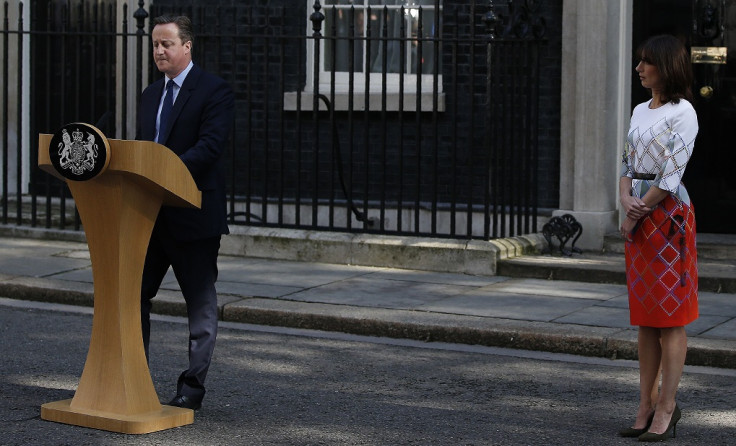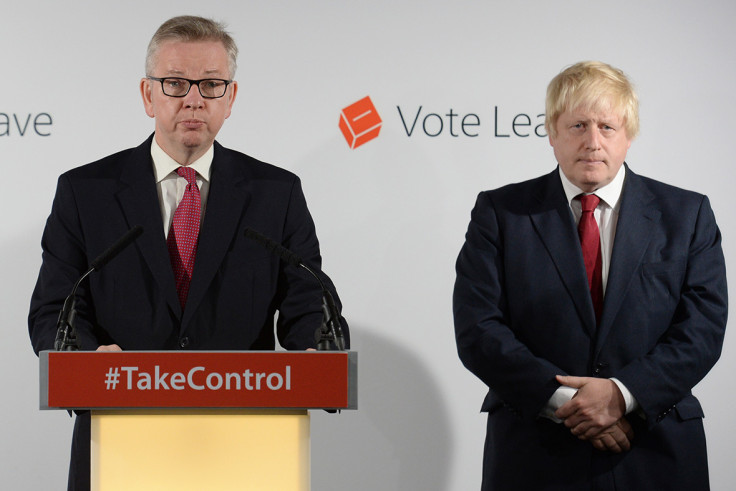David Cameron told aides he 'did not want Brexit grief' before quitting as Prime Minister
The Sun reports how Cameron said he did not want to hand all his hard work 'on a plate' to his successor.

David Cameron stood down as Prime Minister after confiding in his aides that he did not want to do all the hard work to ease a tricky British exit from the EU, only to hand over to a rival like Boris Johnson.
In apparently emotional scenes before he made the public announcement, Cameron thanked his aides which included chief of staff Ed Llewelyn, his deputy Kate Fall, operations manager Liz Sugg and communications director Craig Oliver.
"Why should I do all the hard s**t for someone else, just to hand it over to them on a plate?" he said according to the Sun. The paper also reported how Cameron had decided to resign if he lost the referendum while voting was still taking place on Thursday.
Meanwhile Theresa May is emerging as the favoured "stop Boris" candidate among Conservative MPs who do not want to see the former London mayor as party leader.
The Times reported that insiders in the party think the Home Secretary is the best person to stabilise the divided party, with one senior figure telling the paper: "I would find it all but impossible to have him (Johnson) as my leader.
"I don't know if he can be prevented from making it to No 10 but many of us are willing to try."
The paper reported that Cameron's resignation in fact took the Johnson camp by surprise and that Cameron will by trying to use the coming three months to influence the appointment of his successor.
Johnson is the bookies' favourite at 8/11, with May second at 3/1 and Michael Gove is at 7/1. The chancellor George Osborne, whose own future is in doubt, is an outsider at 33/1. A meeting of the party's 1922's executive committee on Monday 27 June will decide whether or not Cameron can leave in the autumn, as he said he wanted to.

European reaction
Meanwhile, Martin Schulz, the president of the European parliament said the bloc wants Britain out as soon as possible, warning that Cameron's wish to delay the start of Brexit negotiations until his successor is in place may not be fast enough.
He told the Guardian that EU lawyers are looking at whether the process of leaving the union, by triggering article 50 of the Lisbon treaty, could be speeded up.
Schulz said that it was difficult to accept that "a whole continent is taken hostage because of an internal fight in the Tory party".
"I doubt it is only in the hands of the government of the United Kingdom," he said. "We have to take note of this unilateral declaration that they want to wait until October, but that must not be the last word," he told the paper.
President of the European commission, Jean-Claude Juncker, said there was no reason to wait until October to begin negotiating Brexit. "Britons decided yesterday that they want to leave the European Union, so it doesn't make any sense to wait until October to try to negotiate the terms of their departure," the paper reported.
The first meeting of EU leaders with no British representation will be held on Wednesday 29 June. Brussels has urged the UK to start negotiations to leave quickly.
© Copyright IBTimes 2025. All rights reserved.






















